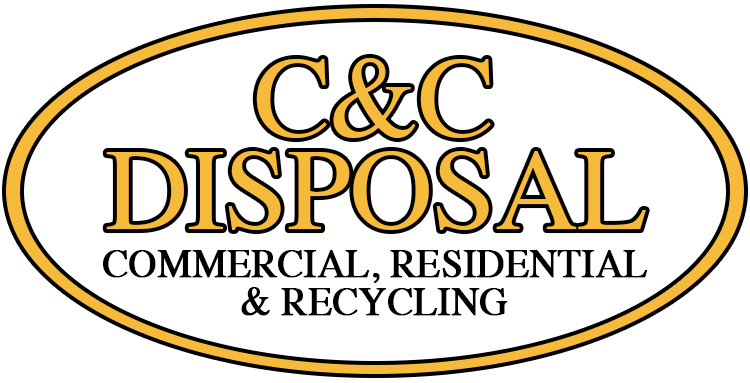
Food is unquestionably the centerpiece of the holidays. It can be easy for food preparation to get out of hand and create more mess and waste than anticipated. Being mindful of how much food you and your family actually need this holiday is a great way to reduce your waste!
Buy less food
With Thanksgiving and Christmas holiday season within weeks of each other, households are poised to have a lot of leftover food that can go to waste. Minimizing food waste starts with planning your holiday meals, taking note of who is coming over, and how much they eat. Firm guest counts will help you plan and portion food accordingly and help you with buying food items you need.
Before you buy all new recipe ingredients, take a good inventory of what is in your fridge and cupboards. Chances are that there are ingredients for part of a recipe or even enough ingredients for a whole dish already inside your house. Try to use ingredients you have on hand first before going out to get new ones.
When you do go to the grocery store, have a shopping list on hand and stick to your list. Grocery stores pull out all the stops during this season, including holiday decor, offers for items in bulk and with big sales. It can be very easy to grab items that you do not need or that nobody will eat, but sticking to your list will ensure you stay tight on your food budget.
Keep track of your leftovers and compost what you can’t eat
According to the U.N. Food and Agriculture Organization, about a third of all the food produced for human consumption is thrown away or wasted. After your holiday feasts, try to use your leftover dishes in other recipes. There are a lot of creative dishes you can make with leftover turkey, such as turkey sandwiches, homemade stock, or even exotic dishes like jook soup. Ham, potatoes, nuts and other holiday staples have several forms of reuse as well in leftovers!
Holiday leftovers should be stored in airtight containers in the refrigerator and consumed within one week. If you have food that will last beyond four days, freeze your leftovers and enjoy them up to four months later.
For leftovers that can’t be eaten or reused, look into composting your food. Check with your local service provider to see if food composting is allowed or if there are certain rules around composting food scraps. If composting is an option where you live, it is a great way to use your leftover food scraps.
Use reusable dishware and cutlery
Washing so many dishes while everything else is going on during the holidays can be tedious. However, paper plates, plastic cups, and disposable cutlery all can end up in a landfill.
Due to their light material and their contact with food, those listed items are not recyclable – and if they’re made with wax or plastics, they’re not compostable either. This ends up creating trash, no matter how convenient it is to not have to do Thanksgiving dishes.

Recent Comments